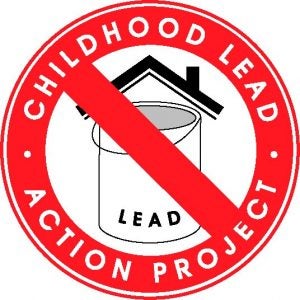Tom Neltner, Senior Director, Safer Chemicals Initiative; and Jennifer Ortega, Research Analyst
Providence Water, Rhode Island’s largest water utility, has applied for state funds to rehabilitate drinking water mains in its service area. Lead service lines (LSLs) are often attached to the mains and carry drinking water to customer’s homes. The utility has requested a “categorical exclusion” from the basic environmental assessment requirement for projects seeking money from the State Revolving Loan Fund (SRF). We believe the exclusion is not appropriate and have sent a letter to the Rhode Island Department of Health (RIDOH) asking it to deny Providence Water’s request.
As part of its work, Providence Water apparently plans to replace LSLs on public property and give customers the option to accept a 10-year interest free loan to replace the LSLs that run under their private property. However, this practice forces customers to choose between paying for a full LSL replacement or risking greater lead exposure from the disturbance caused by a partial LSL replacement. It is also the basis of a civil rights complaint that Childhood Lead Action Project (CLAP), South Providence Neighborhood Association, Direct Action for Rights and Equality, National Center for Healthy Housing, and EDF filed with the Environmental Protection Agency (EPA) in January.
EPA, which allocates grants to SRF programs has begun to investigate the civil rights issues raised by the complaint, which demonstrated that Providence Water’s practices disproportionately and adversely affect the health of low-income, Black, Latinx, and Native American residents by increasing their risk of exposure to lead in drinking water.
Under federal and state National Environmental Policy Act (NEPA) regulations, SRF projects are not eligible for a categorical exclusion where an “extraordinary circumstance” is present. The discriminatory effects of Providence Water’s LSL replacement practices represent such a circumstance, and the utility should not be eligible for a categorical exclusion unless it changes its LSL replacement practices. Read More










